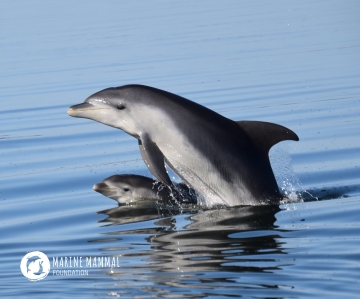720924_ Burrunan Dolphins_360 px width.jpg

High levels of PFAS threaten the small population of Burrunan dolphins. Image courtesy of Marine Mammal Foundation, Australia
Until 2011, no one knew that a couple of groups of dolphins found along the coast of southeastern Australia were a separate species from all other dolphins.
Burrunan dolphins are related to the two other known species of bottlenose dolphins. There are two groups of Burrunans—about 250 dolphins in all.
But today, no one knows how much longer the species might be around. It’s critically endangered. And it’s threatened by several hazards, including industrial chemicals. In fact, the species contains higher levels of one group of chemicals than any other dolphins in the world.
In a recent study, biologists tested 38 dolphins, of several species, that were found on the shore. In particular, they looked for a group of chemicals known as PFAS. They’re used in food packaging, firefighting foam, and non-stick cookware. They’re known as “forever” chemicals because they never break down. They wash into the sea from industrial and wastewater treatment plants, and runoff from the ground.
The scientists found high levels of PFAS in all the dolphins. But by far the highest levels were in the Burrunans—10 times the concentration thought to cause liver problems and other health issues. And one dolphin had the highest level of the chemicals ever measured in any dolphin anywhere in the world.
The Burrunans eat fish, which have high concentrations of the compounds in their livers—increasing the danger for a rare and endangered species of dolphin.

